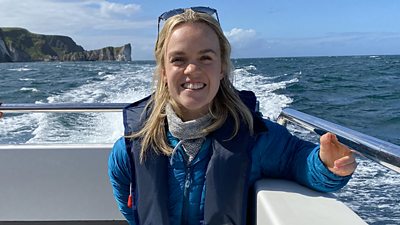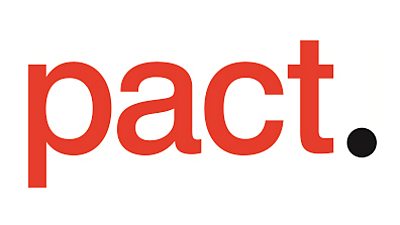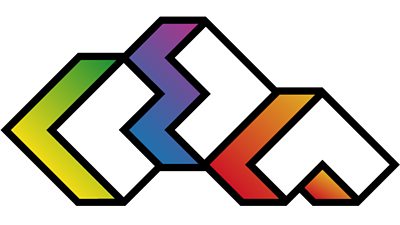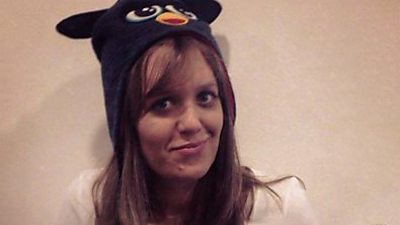We are committed to improving the representation of deaf, disabled and/or neurodivergent people on screen, with a focus on both the quality and quantity of representation. The portrayal of disabled people must be authentic, inclusive and reach across all our programmes, and we recognise that disability can be apparent or non apparent.
We know there are barriers to access within the broadcasting industry for those working off-screen, and therefore commit to improving opportunities and accessibility across our productions. No one should ever be excluded from our industry.
To do this we will ensure that we will deliver the following commitements:
On-screen
Commissioners and producers will discuss on-screen deaf, disabled and/or neurodivergent representation in all Network programmes – new and returning - at the point of commission or recommission. This conversation will be recorded in the commissioning specification.
Scripted programmes
We will look to include authentic and meaningful representation of disability in all new scripted commissions from spring 2023. This will mean consideration in lead, speaking and non-speaking roles.
We will always make best endeavours to cast those with lived experience of disability for disabled roles – as well as seeking disabled actors for roles not specifically written to be disabled.
Unscripted programmes
Portrayal of disability in unscripted commissions will include landmark and incidental portrayal. For further information about what landmark and incidental portrayal means, please see the diversity commitments page.
From spring 2023 we will make best endeavours to include at least one contributor, presenter or performer with a lived experience of disability per series or one-off programme, while recognising potential editorial constraints for one-off programmes.
Production
We will coordinate a discussion with all producers of new and returning programmes about the access requirements of a production, and will support that with internal or external expertise as required.
Producers are expected to include access requirements in their budgets and submit an access reporting form with further detail about their anticipated requirements and costs. Find out more
We recognise that securing funding for access should not be a barrier for production companies working with deaf, disabled and/or neurodivergent cast, crew and contributors, and are committed to supporting access costs that go over and above those covered by the UK Government Access to Work scheme. We understand that access requirements can not always be anticipated at the point of commission, and commit to exploring funding options with producers as need arises, including additional ����ý access funding for unforeseen costs during production. Find out more
Find out more about our expectations, how to report access costs in your production, and applying for additional ����ý access funding for unforeseen costs during production on the Production and delivery website.
We have developed pan-industry best practice guidelines - called The 5As - to support producers in delivering the highest accessibility standards. These will be used on all ����ý productions to improve access for on and off-screen talent.
Commissioning guidance
All new commissioning guidance and briefings will be accessible.
Training
All commissioners within ����ý TV will undertake additional disability training over the next year, managed by the Creative Diversity Team.
Over the next year we have the ambition to adopt these commitments across Children’s and Education, Sport and Nations commissioning.
Further resources
-

The 5 As - best practice guidelines
Pan-industry standards for disability inclusion in the television sector. -

Inclusive production principles
We ask all the producers we work with to commit to a set of principles to improve inclusion on their productions. -
 A range of resources for disabled talent on screen and behind the camera, and advice for productions to improve their working environments.
A range of resources for disabled talent on screen and behind the camera, and advice for productions to improve their working environments. -

Elevate
Helping deaf, disabled and neurodivergent mid-level production talent progress their careers in TV through traning and production company placements. -
 Resources for diabled talent and practical advice for companies
Resources for diabled talent and practical advice for companies
Contacts for further support
-

Kay Ashton
Creative Diversity Partner Sport, Radio and digital disability -

Nichola Garde
Creative Diversity Partner Content and Nations Disability Lead
Please note the ����ý is not responsible for the content of external websites.
Explore the site
-
Briefs and contacts
Commissioners and ideas -
Supporting indies
How we commission and work -
Skills and training
Industry training and skills development
